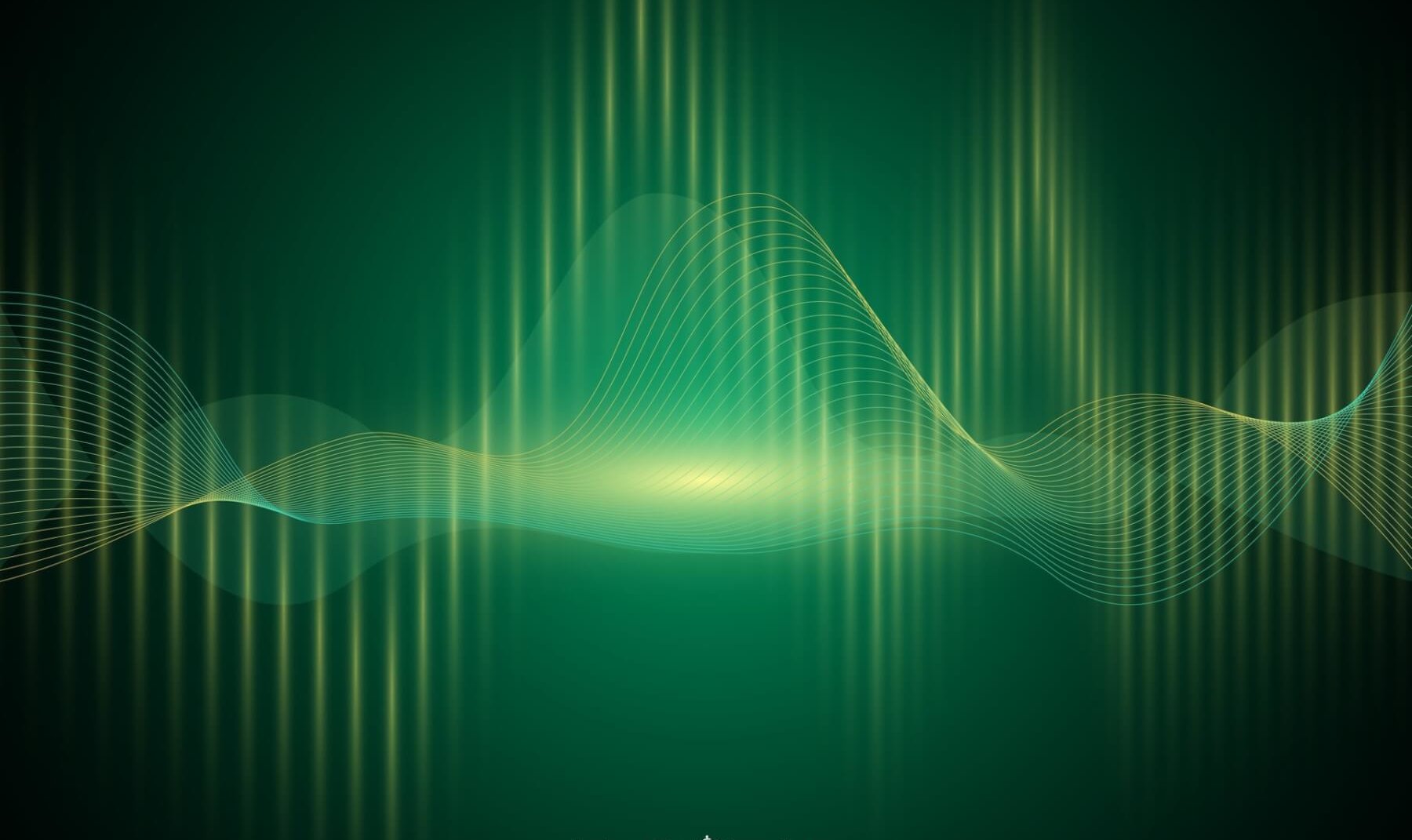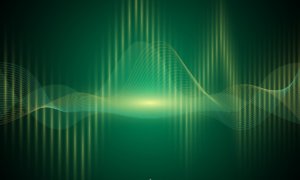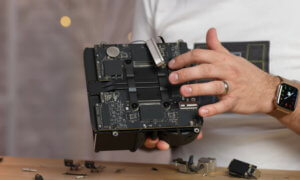Scientists from University of Sydney in Australia have stored light-based data as sound on a computer chip for the first time in history. This breakthrough is one step forward towards creating light-based computers that make transfer at the speed of light #hardwaremagic
Light-based computers can run more than 20 times faster than a traditional laptop, while producing zero heat. This is a direct result of processing data in photons, not electrons. But in order for that too happen, microchips should be able to process information stored in photons, which is easier said than done.
Until now, the most you could do was turn them in slow electrons. But now, scientists have proven that light can be stored in sound waves. The Australian team came up with a memory system that can transfer light into sound waves and those are slow enough to be kept on a microchip. Photonic data enters the chip as a pulse of light, where it interacts with a “write” pulse and produces the acoustic wave. Unlike light, a sound wave can stay on a chip for up to 10 nanoseconds, which is just enough time to be processed correctly.
The data is slowed down, and as the research team wants to point out, it works across a broad bandwidth, too. So far, their tech is the closest we’ve ever been to actually developing commercial light-based computers one day
Follow TechTheLead on Google News to get the news first.























